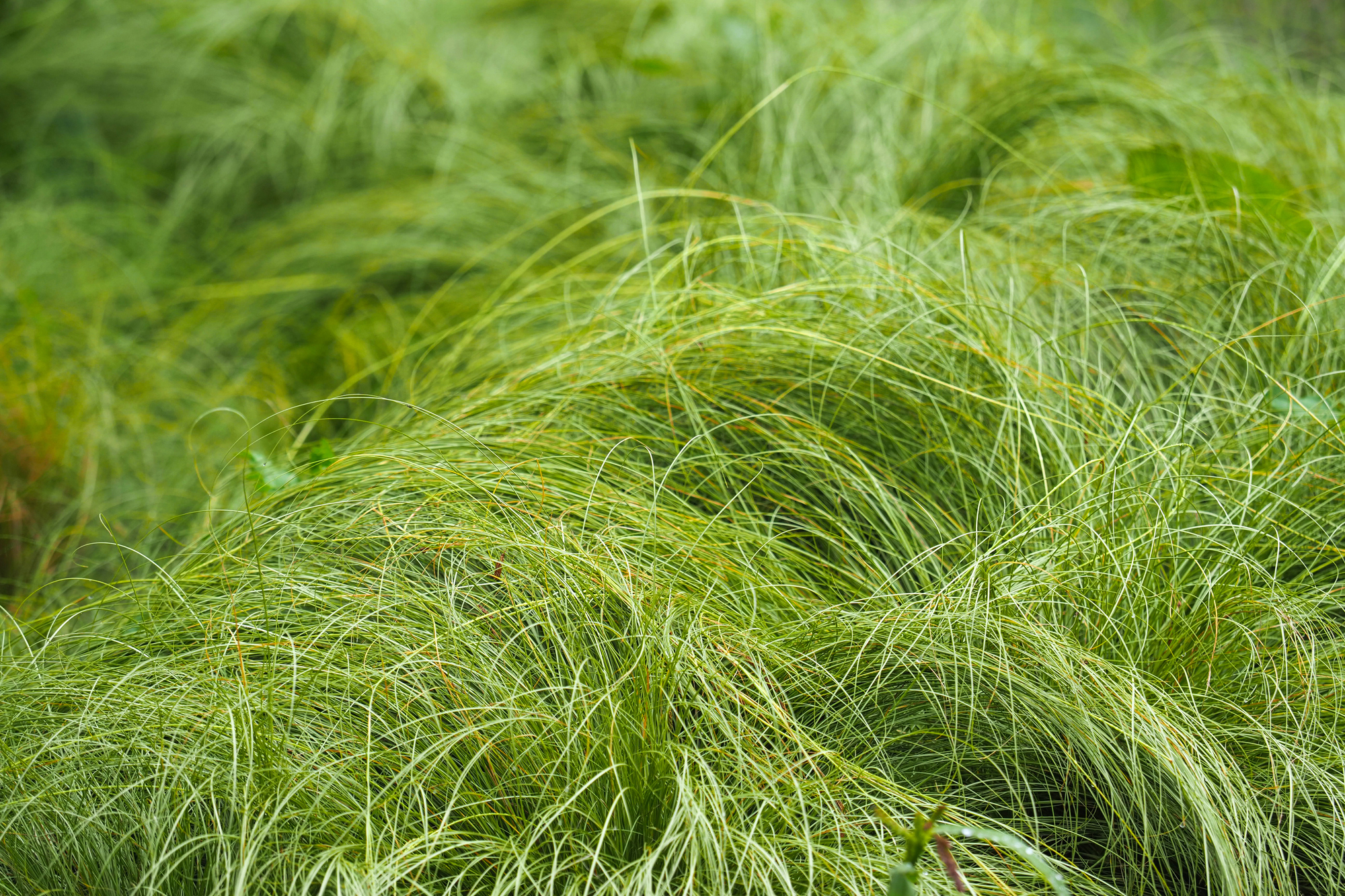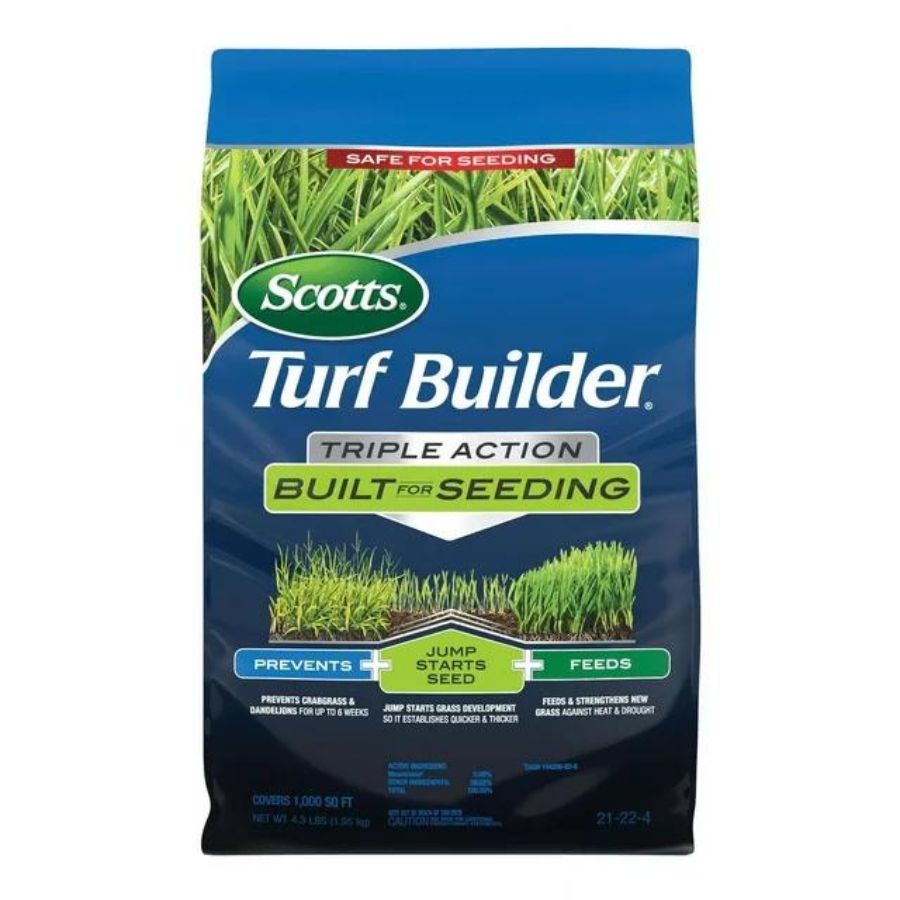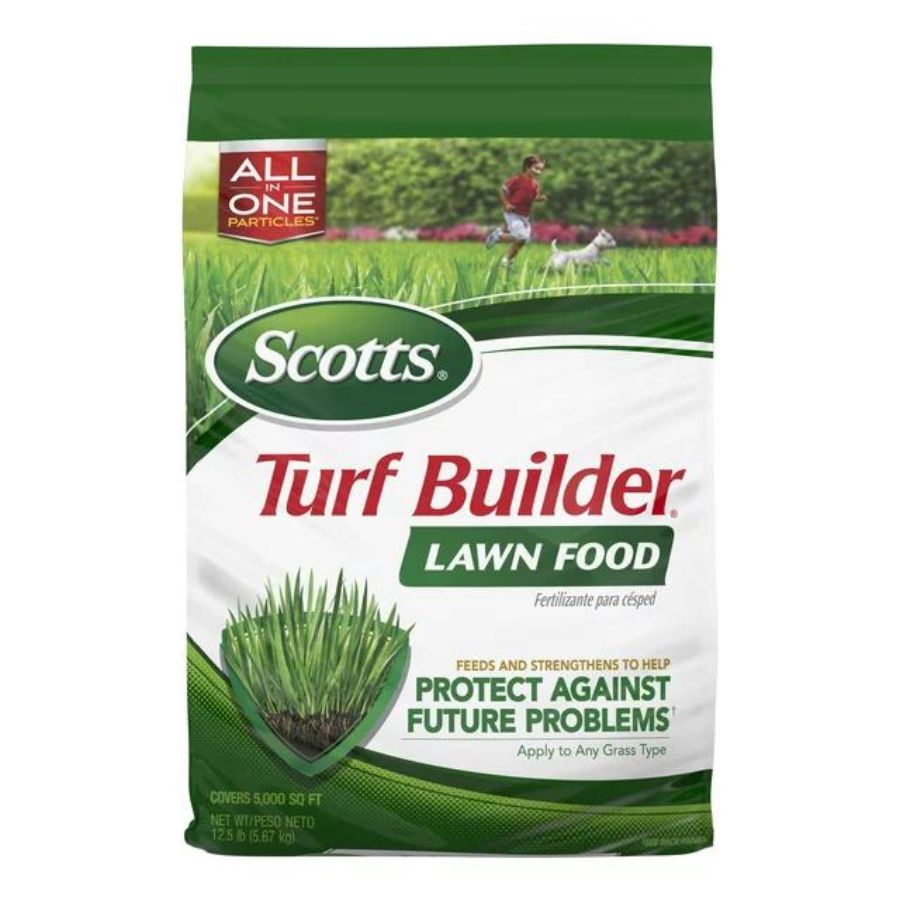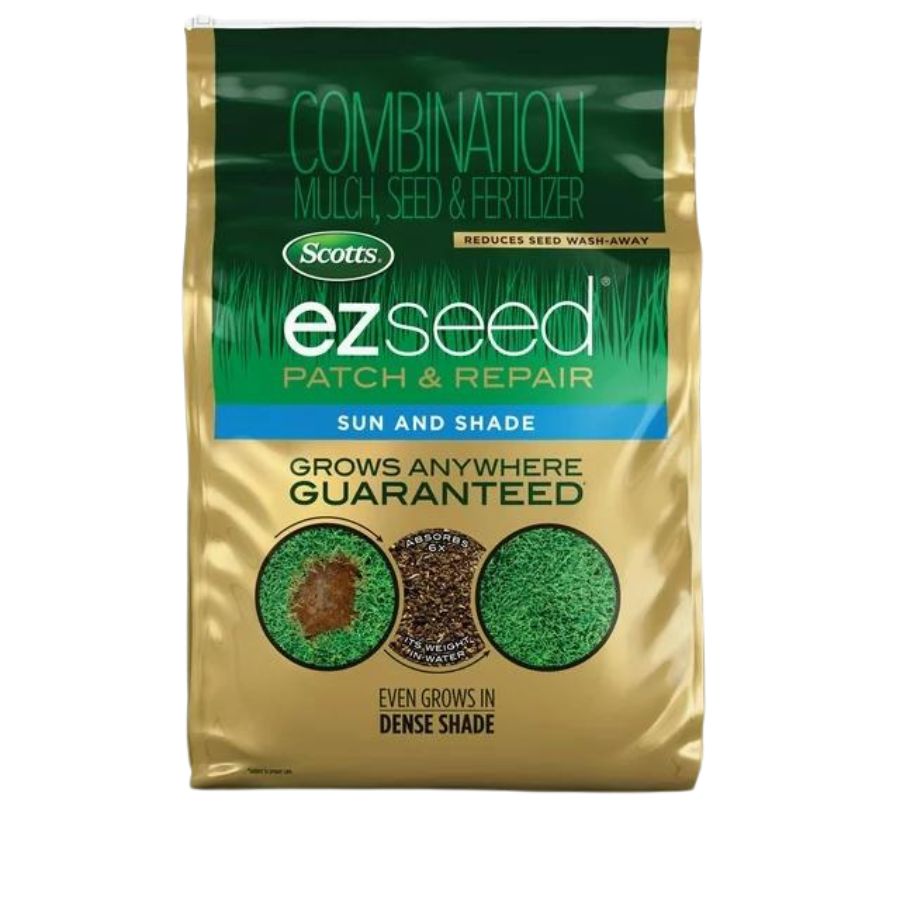8 Lawn Tasks to Carry Out in March for the Most Enviable Green Grass in the Neighborhood
The grass is always greener— if you know how! Here are 8 tasks you need to do in March for healthier lawns


The Livingetc newsletters are your inside source for what’s shaping interiors now - and what’s next. Discover trend forecasts, smart style ideas, and curated shopping inspiration that brings design to life. Subscribe today and stay ahead of the curve.
You are now subscribed
Your newsletter sign-up was successful
March came around far quicker than any of us anticipated, and that means spring is finally on the horizon. Whilst we're all looking forward to the warmer months your lawn is probably not looking its best, so a little bit of TLLC (read: 'tender loving lawn care') is almost certainly in order.
In the gardening world, March is an important month for preparing your backyard for the season ahead, and paying some attention to your lawn will ensure gorgeous grass come spring. 'Generally, in March, you should be taking care of the lawn care tasks that will set up your lawn for the healthiest growth in the warmer months ahead,' says Ryan Farley, CEO of LawnStarter.
Here, we asked Ryan and some other experts what we need to do to mow through our lawn to-do list this month and grow the healthiest grass possible. Here's what they had to say.
1. Remove debris

The first step in prepping your backyard for spring is getting rid of anything littering your lawn that may have built up over the colder months. This might seem like a long and tedious process, but thoroughly readying your grass before you start any actual lawn care will be worth it in the long run.
'Kickstart your lawn care for the season by raking the lawn to remove any leaves, twigs, or other debris that may have accumulated over the winter,' says Matthew Koch Ph.D., Director of Biotechnology, Genetics, Lawn Fertilizer, and Grass Seed at Scotts Miracle-Gro. 'This allows for better air circulation and prevents mold or disease.'
2. Aerate

Over winter, soil often becomes compacted, which is not conducive to a luscious lawn in your garden. To combat this, be sure to aerate your lawn. 'Aerate the lawn to improve drainage and allow air, water, and nutrients to penetrate the soil more effectively,' says Matthew. Simply use a gardening fork to make holes throughout your lawn, which will allow for deeper rooting in any new growth.
3. Overseed

Overseeding is a technique which involves sowing new grass over your already existing lawn. This might seem pointless, but it's a natural and easy way to thicken your lawn and crowd out any of those pesky weeds.
The Livingetc newsletters are your inside source for what’s shaping interiors now - and what’s next. Discover trend forecasts, smart style ideas, and curated shopping inspiration that brings design to life. Subscribe today and stay ahead of the curve.
'If there are bare patches or thin areas in your lawn, overseeding can help fill them in for denser growth,' says Matthew. 'Scotts Turf Builder Grass Seed Sun & Shade Mix and EZ Seed, Sun and Shade grass seed are great options to apply in the spring.'
4. Feed

If you're seeding your lawn this spring, making sure to feed your grass early will help promote growth. Matthew suggests a fertilizer like Scotts Turf Builder. 'It's the perfect lawn food for established lawns and also prevents weed seeds from germinating,' he says. This will also make any weeding tasks in spring and summer a lot less laborious. Make sure you don't overfertilize, however, as this is one of the most common gardening mistakes made by beginners.
5. Mow regularly

Mowing might be your least favorite chore, but it will help support healthy grass and roots. 'As the weather warms up, grass starts growing more quickly,' says Matthew. 'Set your mower to the highest setting to promote deep rooting through spring in preparation for the hot and dry summer months.' This will also keep your lawn looking neat and tidy for an enviable front yard.
6. Apply Herbicide and Pesticide

If you do struggle with weeds in your lawn (don't we all?), March is also a great time to apply some pre-emergent herbicide. 'This can help you get ahead of weed growth early on, which means a healthier and fuller lawn all spring,' says Ryan Farley of LawnStarter.
Ryan also recommends fertilizing your lawn for the first time in March, once the ground has warmed up, your grass is turning greener and, you're noticing some fresh new growth. 'If needed, you might also consider testing your soil before fertilizing to ensure you're delivering exactly the nutrients your soil needs,' he says. Understanding the pH of your soil will also help you to choose the most suitable plants to grow for your lawn type, and all you need is a tool like this one, from Amazon.
7. Water

Knowing when to water your garden is key to flourishing plants, and the same goes for your lawn. If you're lucky enough to live somewhere that isn't constantly rainy, it could be time to start thinking about watering your lawn this month.
'Depending on your climate and local weather conditions, you may need to start watering your lawn in March,' says Matthew. 'Water very deeply and infrequently to encourage deep root growth.' Soak your grass really well, until you see puddles forming, and water in the early morning or evening to stop the water from evaporating.
8. Inspect for pests and diseases

Finally, keep an eager eye out for signs of pests or diseases, like brown patches or chewed grass blades. 'Early detection is important and allows for quick treatment, which can minimize damage to your lawn,' says Matthew.
Now your grass will grow luscious and healthy, and you'll be ready once spring arrives!

Ottilie Blackhall is a master’s Magazine Journalism student at City, University of London. After graduating from the University of Edinburgh, with a degree in English Literature and History of Art, she decided to pursue her love of writing and develop her passion for writing about literature and art. Having started a book review blog during lockdown, at City she is working on her portfolio.


